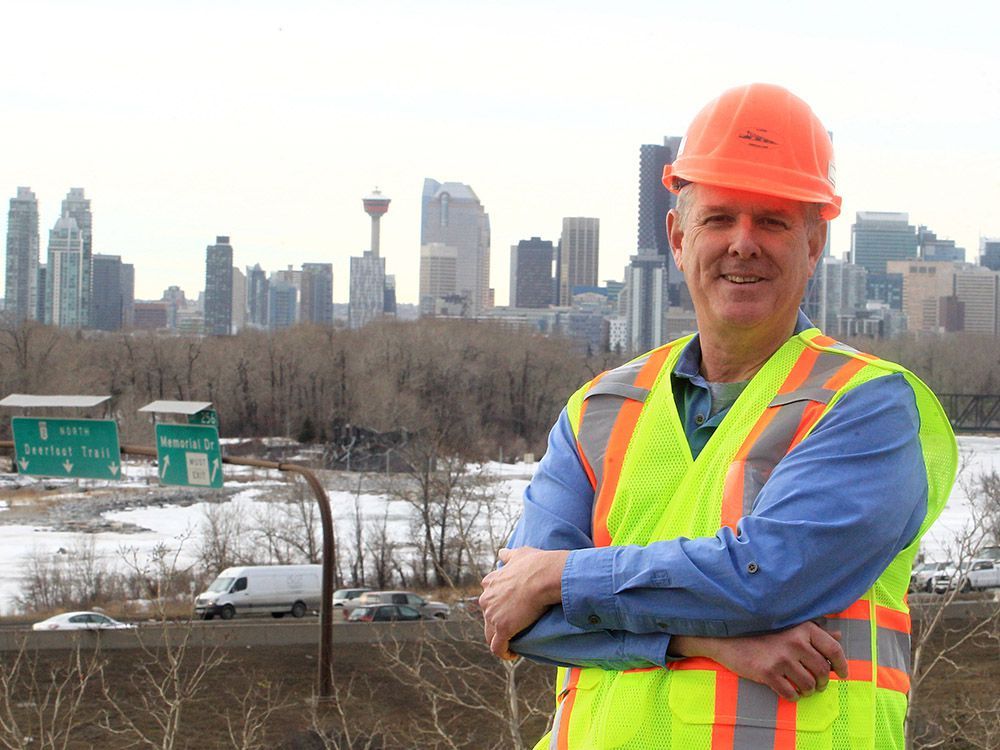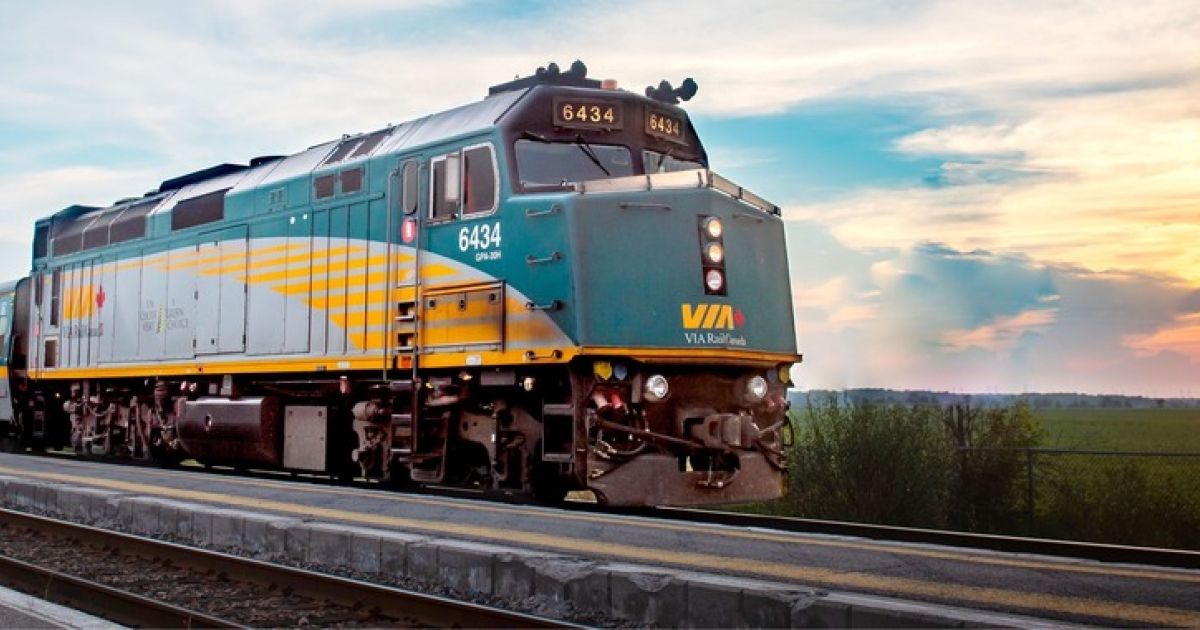[…]
We have spoken to our colleagues at Transport Canada and have received a response from them to your question. As you know, in Budget 2021, there was funding to support the advancement of the HFR project, including complementary enhancements to VIA’s existing services. Specifically, $4.4 million to Transport Canada and VIA Rail to support their work with the HFR Joint Project Office, which would be used to complete the necessary analysis and assessment of options to reduce possible risks associated with a project of this magnitude.
With a considerable amount of progress having been made on the project, the Government of Canada is taking the steps towards launching the procurement process for the HFR project. These steps include: engaging Indigenous groups and communities to obtain early feedback on the project; engaging with the private sector to determine capacity and seek perspectives on the best possible delivery model; and accelerating dialogue with partner railways to negotiate dedicated routes in and out of city centres.
In terms of next steps - Phase 2 of the procurement (requests for expression of interest from the private sector) will launch early this year, as will the formal Impact Assessment process. The Impact Assessment process will be another opportunity for local communities to submit their feedback on the proposed project.






